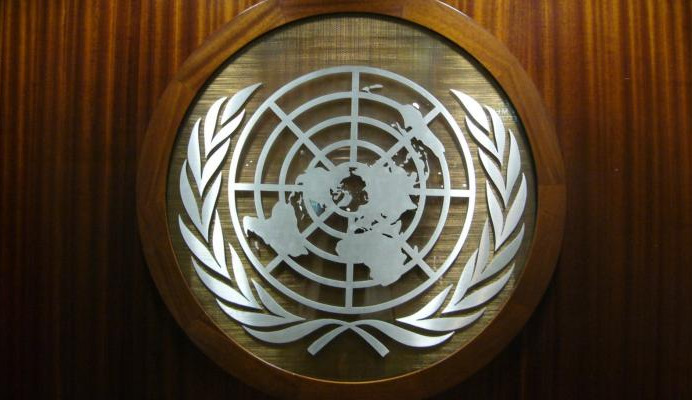
An unequal world
By María Josefina Arce
In the midst of a world of great inequalities, aggravated by COVID-19, which endanger international stability and security, the 76th Session of the UN General Assembly is taking place in New York. It began precisely on the International Day of Peace, celebrated every year on September 21st.
As the South African leader and anti-apartheid fighter Nelson Mandela rightly stated: "Peace is not simply the absence of conflict. Peace is the creation of an environment in which we can all thrive."
And COVID-19 came to push that aspiration even further away, by leaving a poorer and more unequal world. According to estimates by international organizations, in 2020 some 115 million people will join the army of the poor, as a result of the economic crisis generated by the disease caused by the new coronavirus.
Poverty in Latin America and the Caribbean reached its highest level in the last 12 years, affecting almost 34% of its population.
The pandemic also exposed the great selfishness of today's world. The richest nations monopolized the vaccines against COVID-19, leaving the poorest nations, victims of centuries of colonization and unfair international economic relations, at a total disadvantage.
Solidarity, vital at all times and even more so in the midst of a global health emergency, was not enough to help the less developed to cope with the disease.
Nor has the world been able to eliminate inequalities in societies. Discrimination based on gender, race and religion is a daily constant in many places. Indigenous peoples are expelled from their ancestral territories and subjected to all kinds of violence, under the complicit gaze of governments.
Likewise, coercive measures are maintained against nations that hinder the battle against the virus, that threaten their socioeconomic development and peace and stability. These are the cases of Cuba and Venezuela, objects of sanctions by the United States, a country that wanted to present itself before the UN General Assembly with a new foreign policy.
This was the image that U.S. President Joe Biden tried to sell, but he made it clear that the U.S. reserves the right to respond as it deems appropriate to attacks, a latent threat to world peace.
The planet is also experiencing a climate crisis, with rising temperatures and, therefore, greater global warming that brings with it the occurrence of extreme meteorological phenomena, which have a greater impact on the poorest countries, paradoxically the least polluting ones.
The world is not in good health. There are many differences between one and the other, many hegemonic interests that do not hesitate to use force to achieve their objectives.
UN Secretary General Antonio Guterres was explicit in his speech when he warned that: "Our world has never been more threatened. Or more divided. We are facing the greatest cascade of crises in our lifetime..."

